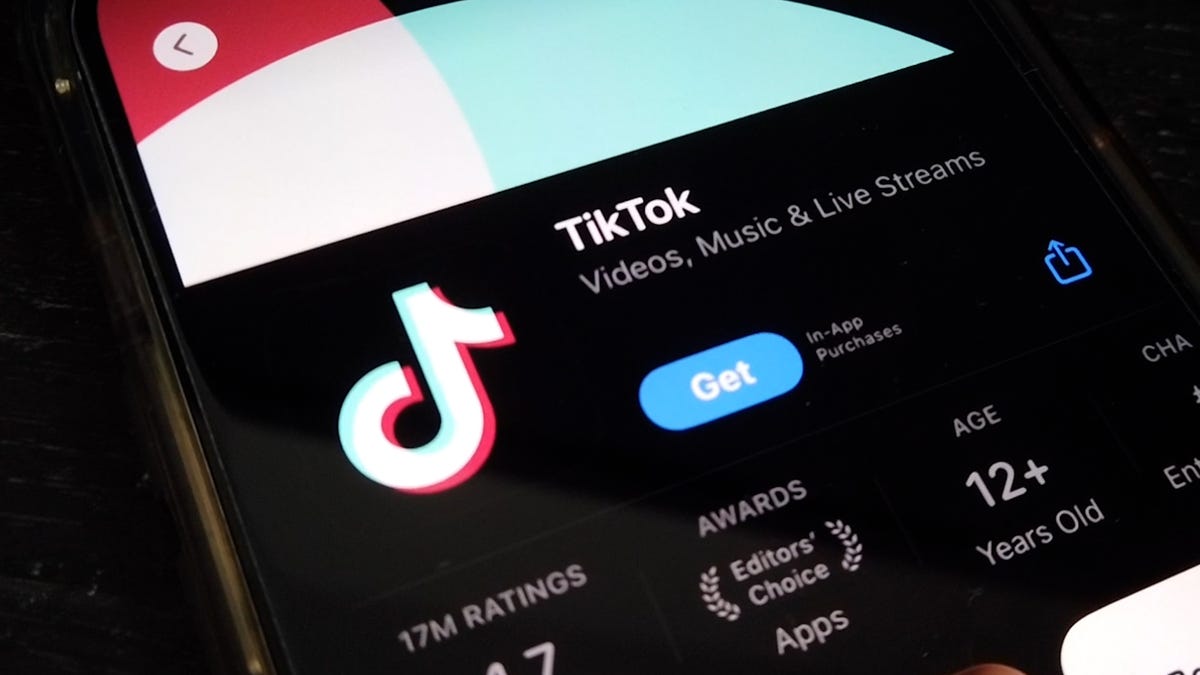Tech
TikTok sues US government: Lawsuit alleges forced ban or sale violates First Amendment

Taylor Swift, Drake music back on TikTok
A licensing deal between Universal Music Group and TikTok will bring back music from artists like Taylor Swift and Drake to the social media platform.
Fox – Seattle
Alleging First Amendment free speech violations, TikTok and its Chinese parent company ByteDance filed a lawsuit in federal court seeking to block a new law that would force the sale or the ban of popular short-form video app.
The law “will force a shutdown of TikTok by January 19, 2025, silencing the 170 million Americans who use the platform to communicate in ways that cannot be replicated elsewhere,” the petition said.
The TikTok lawsuit, which challenges the law on constitutional grounds, also cites commercial, technical and legal hurdles as well as opposition from Beijing.
Divestiture is “simply not possible,” especially within 270 days, the petition claims. According to the petition, the Chinese government “has made clear that it would not permit a divestment of the recommendation engine that is a key to the success of TikTok in the United States.”
“For the first time in history, Congress has enacted a law that subjects a single, named speech platform to a permanent, nationwide ban, and bars every American from participating in a unique online community with more than one billion people worldwide,” the company said in its petition.
TikTok filed the petition with a federal appeals court in Washington, D.C. It seeks a court order preventing the U.S. from enforcing the law, which was signed by President Joe Biden less than two weeks ago and which passed overwhelmingly in Congress. Biden could extend the January deadline by three months.
In passing the Protecting Americans From Foreign Adversary Controlled Applications Act, lawmakers cited national security concerns connected to TikTok’s Chinese ownership.
TikTok says it has never been asked to provide U.S. user data to the Chinese government and wouldn’t if asked. ByteDance has said it will not sell its U.S. operations.
Previous efforts to restrict TikTok in the U.S. have been struck down by the courts.
If ByteDance does not sell TikTok, the law would prohibit app stores and web hosting services from making the service available to Americans.
“Restricting citizens’ access to media from abroad is a practice that has long been associated with repressive regimes, so it’s sad and alarming to see our own government going down this road,” Jameel Jaffer, executive director of the Knight First Amendment Institute at Columbia University, said in a statement. “TikTok’s challenge to the ban is important, and we expect it to succeed.”









